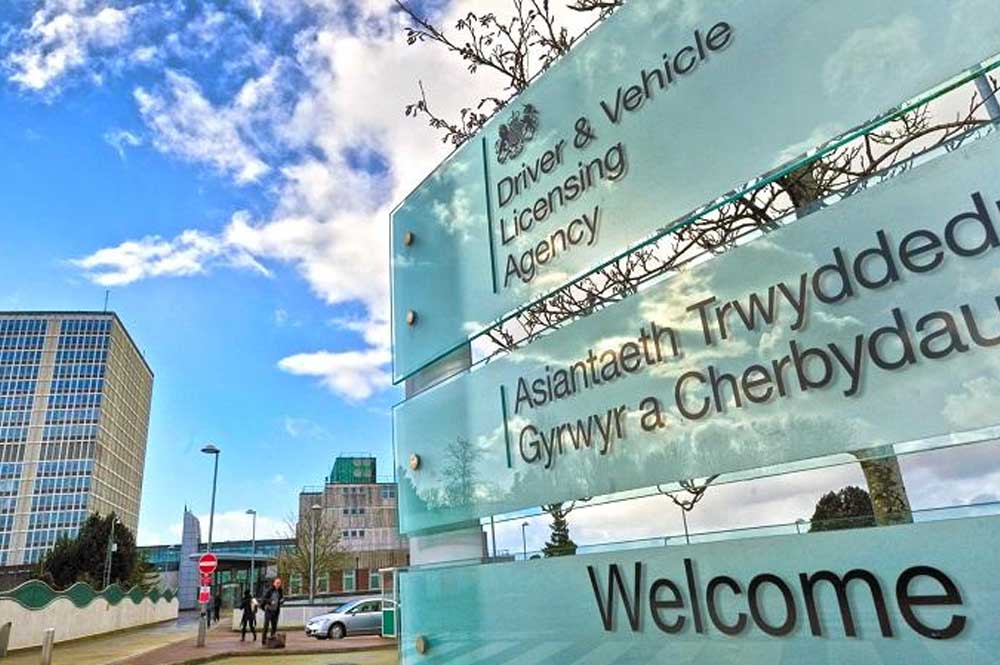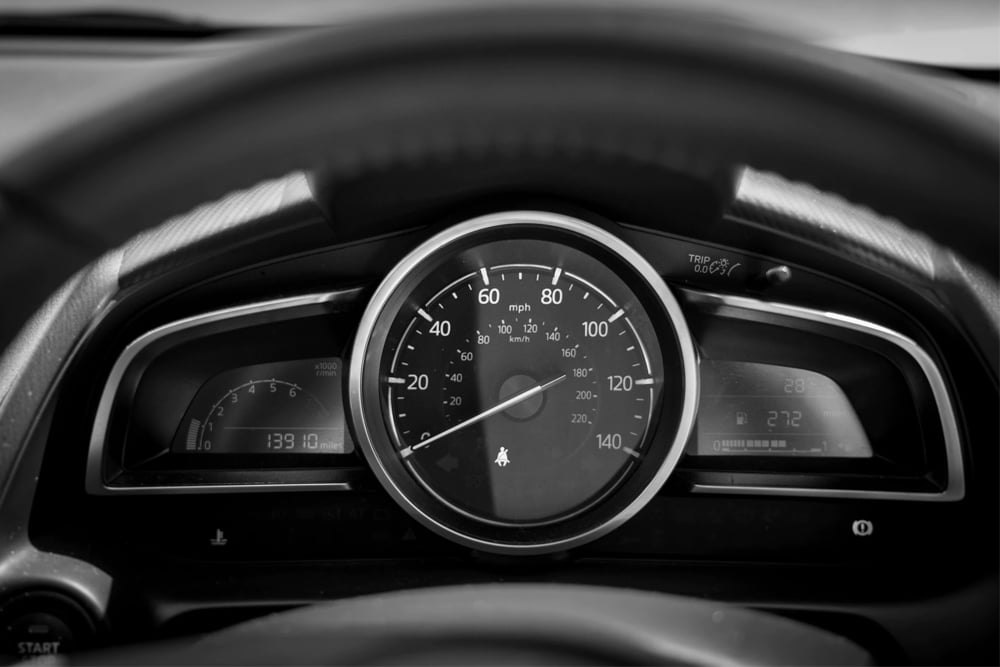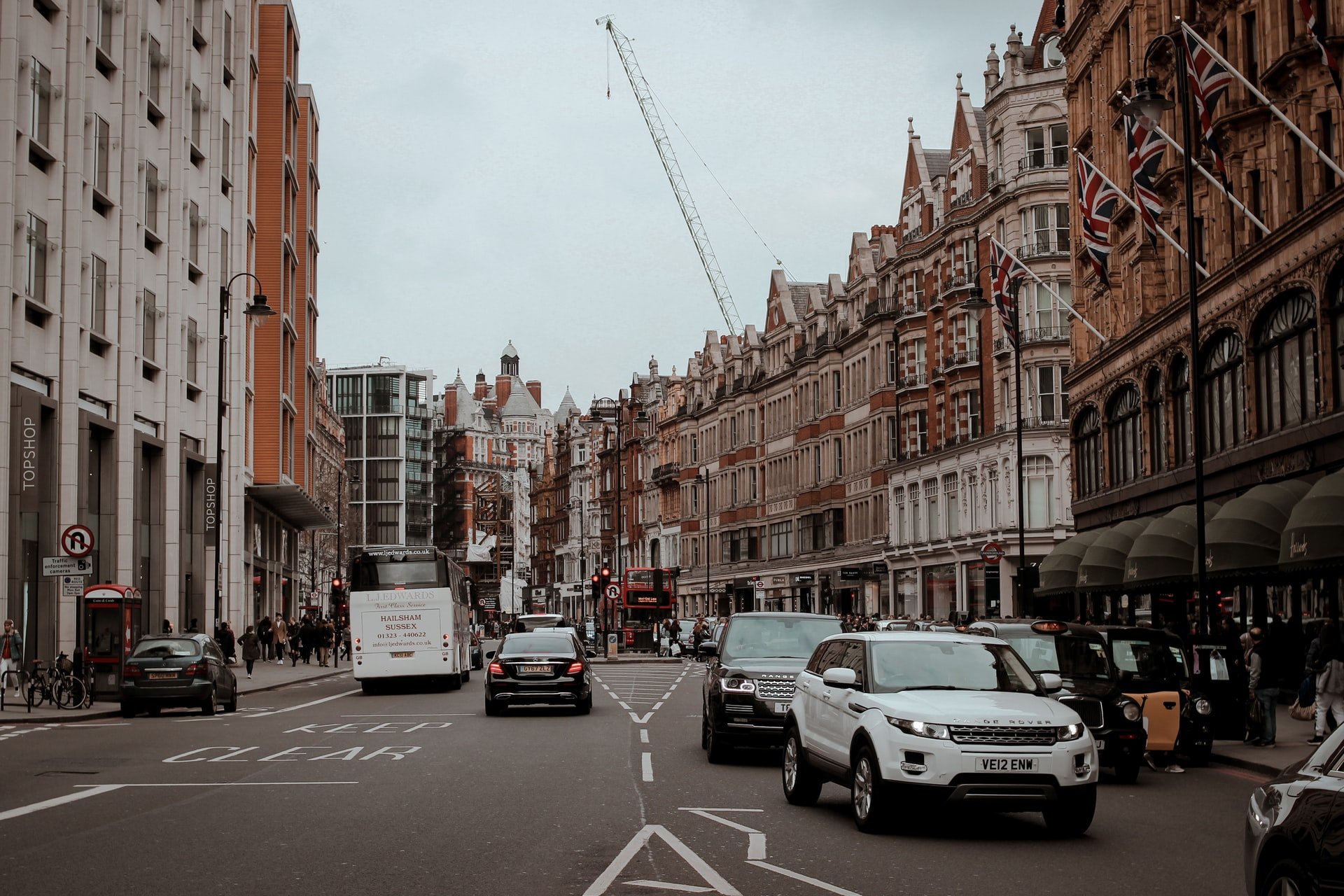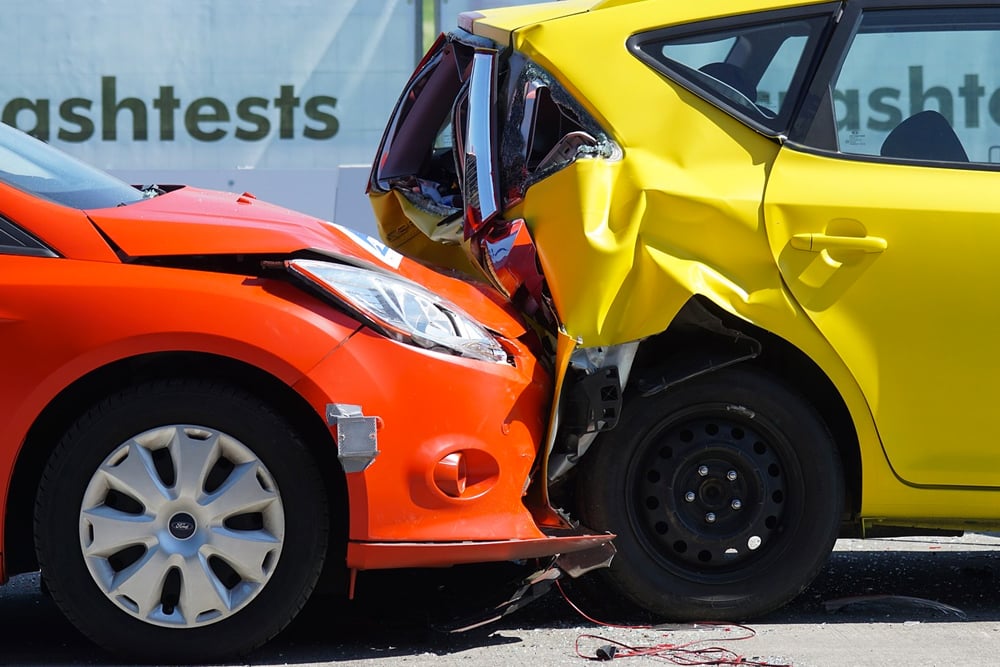DVLA – What is dvla and what information can you get from there?


The DVLA is a large authority with a duty for retaining Britain’s motorists moving safely and legally. It has a massive position to play in many areas of motoring existence, consisting of issuing licenses and registering cars.
But to fulfill that role, the DVLA has to seize and save loads of data. In addition to this, they keep the registration and licensing of vehicles, collectively with the series and enforcement of VED, in the UK. These facts assist us to get the desirable drivers and motors taxed and on the road, as simply, safely, and efficaciously as possible.
The Driver and Vehicle Licensing Agency (DVLA) is the authorities’ organization in charge of protecting a file of all drivers and vehicles on UK roads. As you can imagine, keeping forty-nine million-plus driver documents and forty million plus car documents, the DVLA database is vast. While managing it is a huge operation, making sure the protection of private data is an important section of the DVLA’s responsibilities.
The DVLA is based totally in Swansea, Wales, with a distinguished 16-story construction in Clase and places of work in Swansea Vale. It was once in the past recognized as the Driver and Vehicle Licensing Centre (DVLC).
Britain acknowledged the Local Office Network, the place customers should attend to follow for licenses and transact business, however in 2013, the neighbourhood places of work had been steadily closed down, and all had been closed by December 2013. The agency’s work is for this reason completely centralized in Swansea, with the majority of customers having to transact remotely – using submitting or (for some transactions) via phone.
Electronic Vehicle Licensing (EVL) was introduced in 2004, customers can pay car tax online and by telephone. However, clients nevertheless have the choice to tax their cars through the post office. A seven-year contract enabling the Post Office to proceed to devise auto tax functions was agreed in November 2012, with the preference of a three-year extension.
DVLA’s driver’s database modifications continuously as the Agency receives license functions and different facts that update the personal information of drivers.
The priorities of DLVA were:
Another beneficial element to request is a test of a car’s MOT history. For example, you can discover if a car you’re searching to purchase has handed or failed the latest MOT, its mileage, the check location, any components screw-ups and issues, and when the vehicle’s subsequent MOT is due.
DVLA is accountable for:
Originally, car registration was once the accountability of Borough and County councils at some stage in Great Britain, a system created by using the Motor Car Act 1903. The licensing system used to be centralized in 1974 and administered from the Driver and Vehicle Licensing Centre (DVLC) in Swansea. In April 1990, the DVLC was renamed as the Driver and Vehicle Licensing Agency (DVLA), turning into a Govt agency of the Department for Transport.
To elevate its many functions, the DVLA has created two separate registers of statistics – one for drivers and one for vehicles.
The driver register includes every driver’s name, address, date of birth, photograph, entitlements to drive, penalty factors (endorsements) and disqualifications, convictions and conviction dates, and applicable clinical information.
From epilepsy and diabetes to coronary heart stipulations and visible impairments, there are over 200 fitness stipulations on the list of these that want to be disclosed to the DVLA. If you’re questioning what fitness prerequisites can affect your driving, Insurance Factory has on-hand online information to assist you out.
In phrases of convictions for motoring offences, the size of time they stay on your driver report in the register is dictated through avenue site visitor’s legislation. Depending on the offence, this will typically be both four and eleven years.
This is completely separate from the time it takes for motoring convictions to emerge as spent beneath the Rehabilitation of Offenders Act. Often drivers will be requested through third parties, such as possible employers, automobile appointment corporations, or insurance plan companies, to share their usage records. This is the place the DVLA Shared Driving Licence Service comes in handy.
Apart from the statistics contained in your driver record, the DVLA additionally holds a vast car register. This register is used to discover any car on public roads, assist with regulation enforcement, acquire car tax and enhance street safety.
It incorporates a high-quality deal of statistics about every motor vehicle. This consists of the registration number, car identification number, make, and model, as properly as the vehicle’s tax status. It additionally consists of the registered keeper’s identity and address, and when the automobile was once received or disposed of.
Under data security laws, the DVLA has to shield the privateness of male or female motorists whose records are held on each register.
However, there are many instances where it’s lawful for the DVLA to share your data. Individuals and businesses that the DVLA can share your statistics with include:
As you can see there are many occasions where your records can be shared. Knowing when this is probable to appear and what is probable to be disclosed is especially vital for convicted drivers. If you don’t know, then this should cause serious issues as you might:
It’s constantly suitable to recognize what records the DVLA holds about you, so you’re conscious of what ought to be shared with third parties. Doing so is pretty simple. Just make a so-called ‘subject request to admission’. You’ll want to supply data to show your identification and assist them to locate all the statistics they keep on you. If you’re searching for data from your driver file then the best way is to use the DVLA’s online service. If that’s no longer possible, then you can additionally write to the DVLA with your full name, present-day postal address, and your license (or date of delivery if you don’t have this).
If you’re searching for records about your car or a car that used to be registered in your name, you’ll want to grant your full name, modern-day address, and the tackle on your V5C registration certificates (if it’s different), and the registration numbers of the cars you’re inquiring about. If there is no fee for making a subject access request, the DVLA typically responds within one month of receiving it. But if a request is specifically complicated then the DVLA will normally write to inform you why the delay is and when you can expect to hear from them. There is a lot of different data you ought to additionally locate out from the DVLA. For example, you may desire to discover who the current and previous registered keepers of the car were. To do this, you’ll want to write to the DVLA.
Be conscious to get entry to the owner’s history, you want to have a ‘reasonable cause’ for why you need this information. The government site offers numerous examples of suitable ones. These include:


